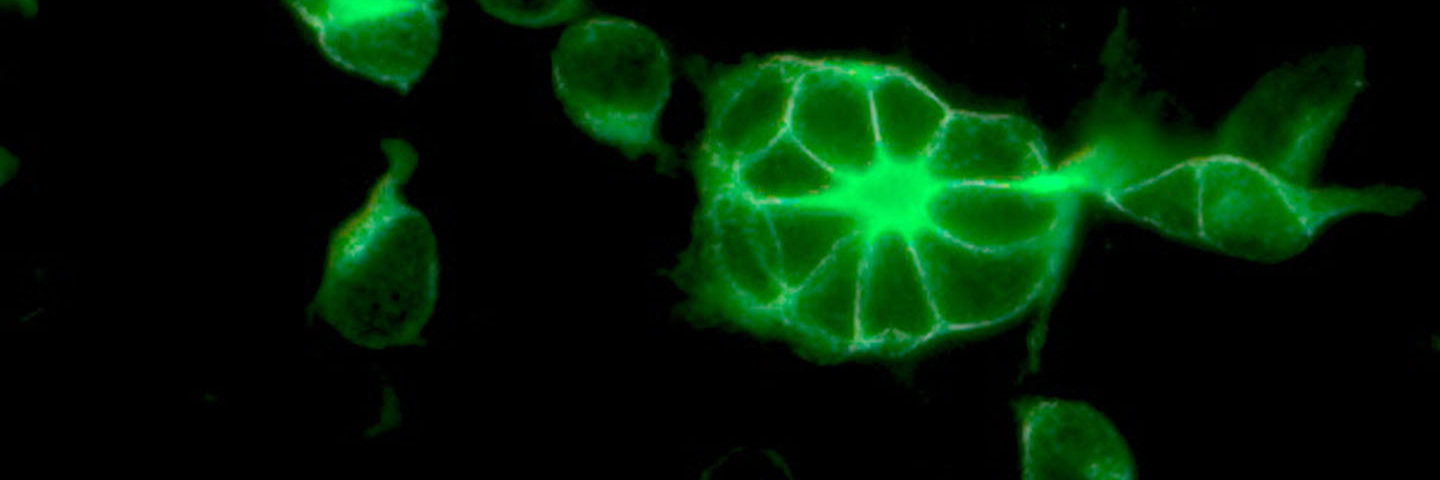
Infectious diseases shape human history

Despite their small size pathogenic microorganisms have dramatically shaped human life. Throughout history, epidemics and pandemics have affected population sizes, caused economic struggle, and changed our daily habits. Even years or centuries later, the impact of many devastating diseases still echo throughout society.
The Great Bubonic Plague of the 14th century is an infamous example of how an infectious disease can drastically affect civilization. This pandemic, caused by the bacterium Yersinia pestis, was one of the most devastating outbreaks in human history, resulting in the deaths of approximately 30-60% of the European population. The resulting labor shortages took a major toll on the economy and resulted in slowed urbanization and development. It wasn’t until the 16th century that cities and urban systems recovered to pre-Plague population sizes.
Another prominent example is the 1918 influenza pandemic, which resulted in at least 50 million deaths. In contrast to most seasonal strains, the strain of influenza behind the disease was infectious and lethal regardless of age or health. The impact of the pandemic was so profound that it reduced the average life expectancy of Americans by at least 10 years and helped hasten the end World War I due to the loss of so many troops. Since this pandemic, there have been two others caused by the influenza virus. Experience from these outbreaks and subsequent research has led to a better understanding of the virus and the development of vaccines and antiviral therapeutics.
What these outbreaks have taught us is that the world is and will continue to be vulnerable to devastating diseases. Now that the pace and frequency of global travel is more extensive, infectious diseases are now able to spread an alarming rate, which we are now seeing firsthand with the coronavirus pandemic. The continual emergence and spread of infectious pathogens underscore the importance and need for effective prevention and treatment methods, epidemiological tracking, and transparent communication across the globe.
By working together and using authenticated, clinically relevant starting materials, scientists can make the progress and advancements needed to save lives.
Credible controls for infectious disease research
With infectious diseases being a leading cause of death worldwide, it is now more important than ever that researchers work together to detect, treat, and control microbial pathogens. ATCC is committed to supporting this global health effort by providing the authenticated and fully characterized microbial pathogens and nucleic acids needed for assay development and drug discovery. Together, we can keep humankind healthy and safe.
Get StartedCredible tools for diagnostics research
Synthetic nucleic acids – Tools for diagnostics development
Rapid and accurate diagnostic tools are essential for controlling the spread of viral diseases. However, building these assays can be challenging as many viruses can be difficult to culture or may require high-containment facilities. Read our white paper to explore how synthetic nucleic acids provide a solution.
Read the WhitepaperChallenges and solutions in assay development
While molecular-based assays have exhibited numerous benefits over culture-based approaches, they can be challenging to develop and validate. Read our white paper to explore the common problems faced in assay development and how standards can help.
See the Whitepaper